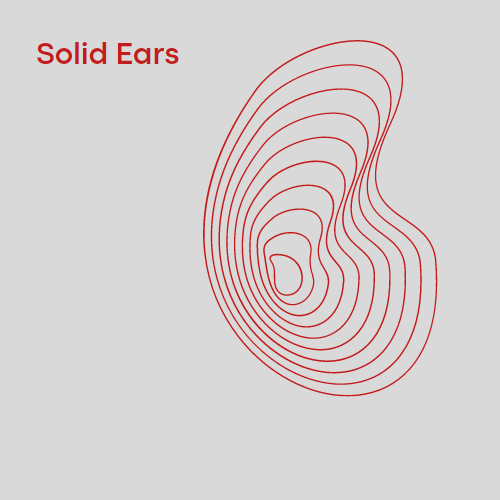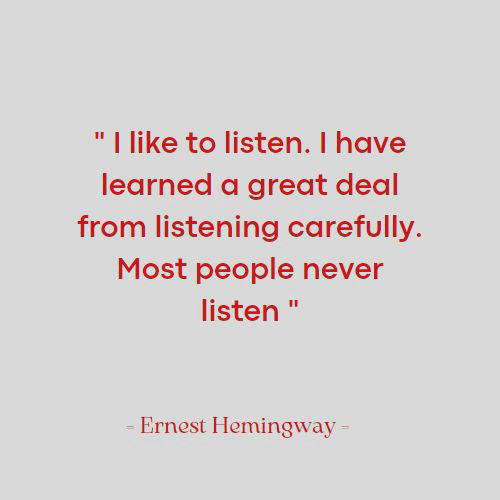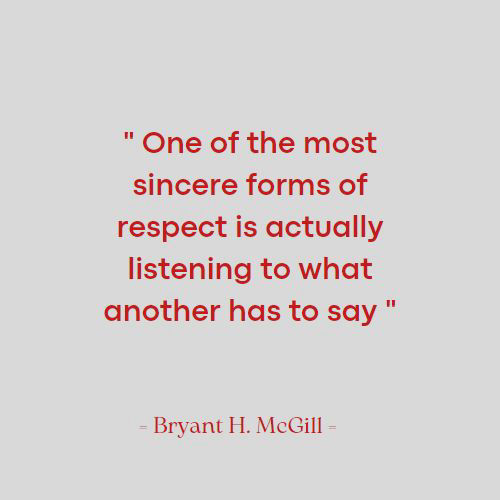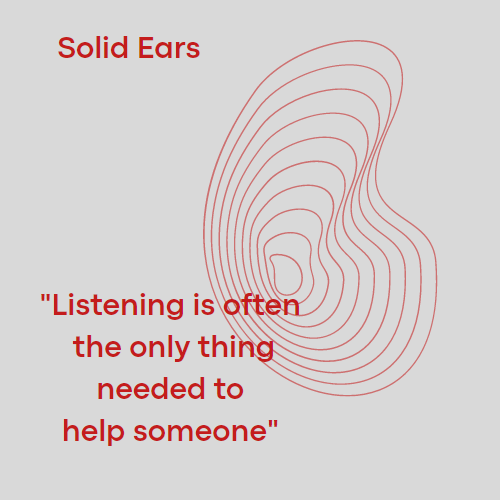Why did I start Solid Ears?
To begin with, I am not referring to any specific type of ears such as government ears or big brother's ears. Rather, I am referring to my own ears - two solid companions that have been with me through thick and thin, and have become more refined and adept at filtering out noise over time. My name is Edwin, and I was born in the Netherlands but now reside in Greece. I consider myself a "seasoned" man who has learned to embrace life, although it took me some time to get to this point. I have experienced both good and bad times, and during the latter, I longed for someone to listen to me without judgment - someone to whom I could express my fears, doubts, and questions, as well as my successes.
Unfortunately, I couldn't find anyone to confide in, so I continued down my path alone. However, a few years ago, I was fortunate enough to embrace my past and embark on a new journey, guided by my inner voice. During this new journey, I came to realize that people's communication skills have changed significantly - they talk but don't say anything, and listen but fail to comprehend. This phenomenon is becoming increasingly problematic, with people walking around like unheard zombies, trapped in their own thoughts.
That's where I come in. The fact is, sometimes there's no one around to listen - not family, friends, or even the companies we work for. They may be physically present, but do they truly understand us? In these cases, people can talk to me. I can listen, and I can empathize. My ability to do so stems from who I am, the companies I've owned, the jobs I've held, the life I've lived, and the education that supports it all. I have combined all of these experiences and beliefs to create Solid Ears, where I can make a difference by truly listening to those who need it most.
Edwin de Jel




